Take This Waltz
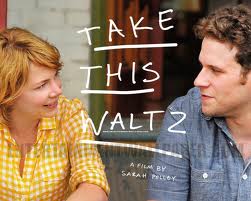
Margot and Lou are a youngish couple in a chummy marriage, where sex is another game in between their infantile play-fights and baby-talk. Daniel is the sort-of artist who lives across the street, representing desire and the sexual awakening of Margot which could never be fulfilled within the marriage.
As a married couple, Michelle Williams and Seth Rogen display the easy intimacy of living together, where one can read the other’s mind and they think nothing of peeing in the other’s presence – something Williams as Margot gets to do a lot in this film. Rogen in particular has found his ideal part as Lou, as a not-too-complex nice guy who doesn’t quite know what’s going on enough to recognise or acknowledge that their comfortable sort of play-fighting at love may not be enough.
Domestic life is bohemian and creative – he is a cookbook writer constantly testing chicken recipes, and she a travel writer, vaguely hoping for creative fulfilment. Peripheral family occasionally arrive in hoards, embedding the couple deeper into the sense of a fixed trajectory for life. Sarah Silverman adds depth and a sense of repressed chaos as the alcoholic sister-in-law teetering on the edge of the wagon.
For a couple in their late 20s living in a groovy boho neighbourhood, Margot and Lou play out a middle-aged familiarity with each other as if they have been together for decades rather than five years. Their house is filled with layers of stuff, and their life has become perhaps what happens to high school sweethearts when reality settles in after the rom com: they run out of conversation, and one of them begins to change. The film is not without its anomalies and a certain clunkiness, especially at the beginning where the meeting of Margot and Daniel seems unnecessarily contrived. All Daniel really has to do is be desired, and wait for Margot to make up her mind. The only character who seems to have an inner life is Margot, and even then, we are left unsure whether she has learned anything or grown up during this coming-of-age fable.
Much of this film depends on the irrepressible sexual attraction between Margot and Daniel; a sort of Brief Encounter without the rules. Although not without chemistry, it’s hard to see why Daniel is so taken with Margot, and what she may represent to him. She wears either vintage dresses or shorts and sneakers like a kid – both woman and child. The manner of their teasing and flirtatious conversations is similar to the talk within Margot’s marriage, but without the infantile voices. Although Daniel lacks the confidence to show his art, he has more depth than the husband, and is able to talk about sex like a grown-up. Daniel never wavers from embodying the ideal fantasy man, nor Lou as the decent loving husband.
Luke Kirby as Daniel gives good aural sex (that’s talking about it!). And the film proves once again that the suggestion of sex is much more erotic than actually showing it. The question builds about all things and all relationships – when new things become old, will they lose their depth? If Margot and Daniel get together will they end up vaguely bored and comfortable with each other, not even noticing the other peeing?
The film successfully builds a sense of ambiguity; there is no real right answer to whether Margot should leave her husband and experience true lust, or whether she should stay within the marriage, and acknowledge that life has its gaps. The setting of the movie, the arty, homely neighbourhood, the community swimming pool, the naked scenes in the women’s shower, make the movie small and off-beat. It’s an attempt at a slice of life which examines the complexities of adult relationships, and how you can fall out of love with someone you dearly love.
Director Sarah Polley, who previously tackled a fragmenting relationship in Away From Her, again looks at the fragile threads that bind. Not nearly as insightful about marriage and relationships as it sets out to be, this film ponders motivations more like a novel, and at times displays evidence of actors workshopping emotions as if for a play.
It is a greatly effective cinematic moment when the fairground ride suddenly stops, the music abruptly ends, and Daniel and Margot are torn from their exciting daze into the harsh lighting of reality. The film itself doesn’t seem to quite know where to end. It’s billed as a comedy-drama, but it’s really a repressed drama with rye moments.
Eleanor MacFarlane
Take This Waltz is released nationwide on 17th August 2012.
Watch the trailer for Take This Waltz here:

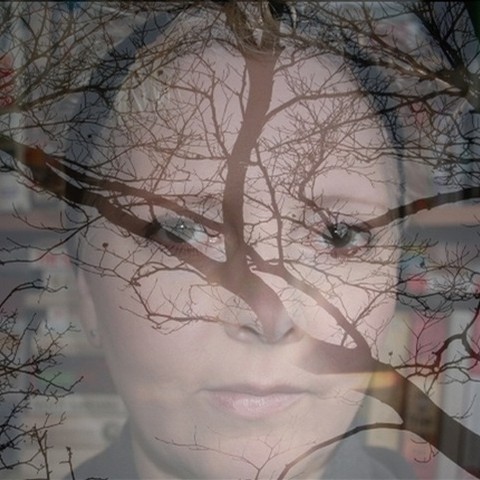
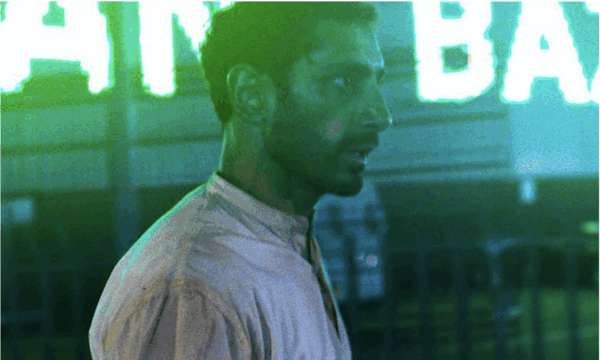
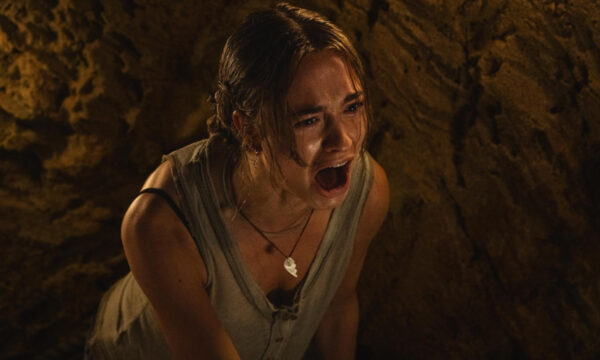
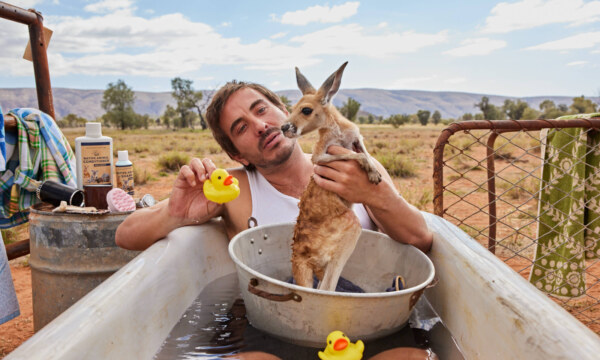
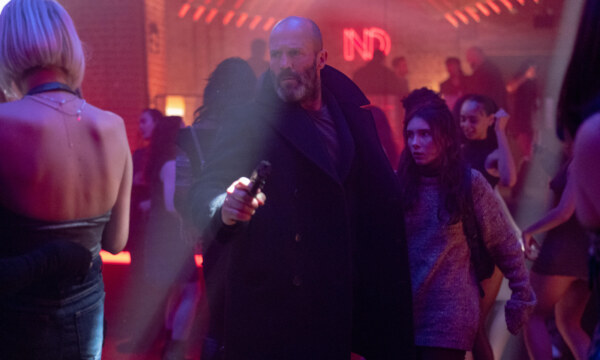
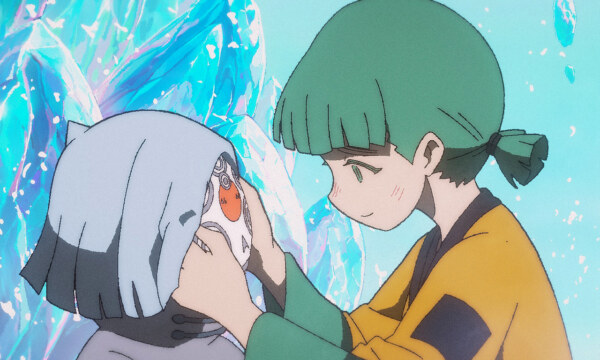
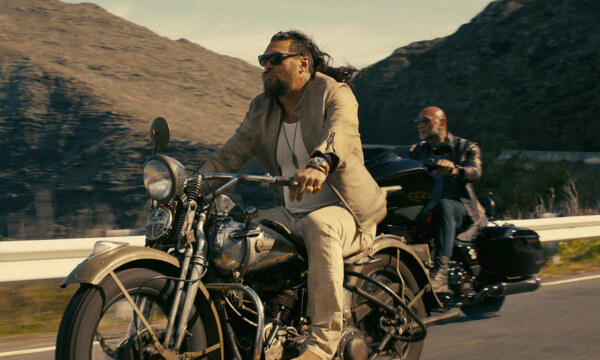

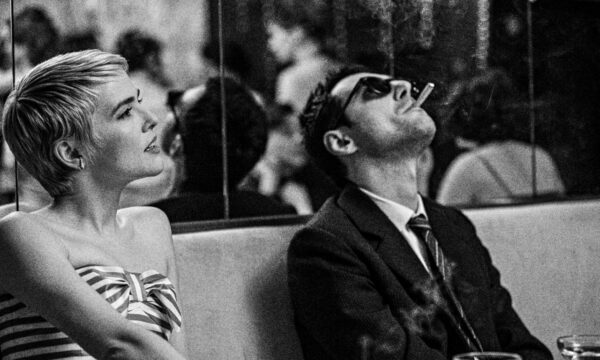
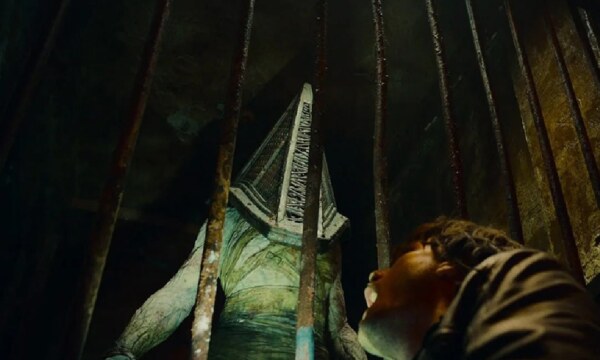


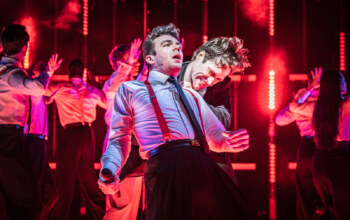

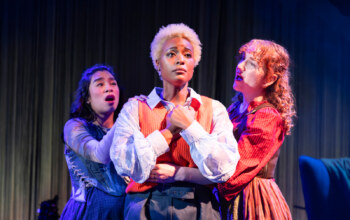





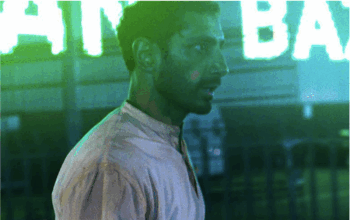



Facebook
Twitter
Instagram
YouTube
RSS